When I tried to push my nodejs app to heroku with git push heroku master, i got this:
Counting objects: 975, done.
Delta compression using up to 2 threads.
Compressing objects: 100% (862/862), done.
Writing objects: 100% (975/975), 3.74 MiB | 80.00 KiB/s, done.
Total 975 (delta 70), reused 0 (delta 0)
-----> Node.js app detected
-----> Resolving engine versions
Using Node.js version: 0.10.15
Using npm version: 1.3.3
-----> Fetching Node.js binaries
-----> Vendoring node into slug
-----> Installing dependencies with npm
npm ERR! install Couldn't read dependencies
! Push rejected, failed to compile Node.js app
To git@heroku.com:hidden-reaches-9268.git
! [remote rejected] master -> master (pre-receive hook declined)
error: failed to push some refs to 'git@heroku.com:hidden-reaches-9268.git'
And this is my package.json:
{
"name": "fnBoard",
"version": "0.0.1",
"private": true,
"scripts": {
"start": "node server.js"
},
"dependencies": {
"socket.io": "0.9.x"
},
"engines": {
"node": "0.10.x",
"npm": "1.3.x"
}
}
There's a bunch of error inside and I have no idea why this happen. please help. -thanks
